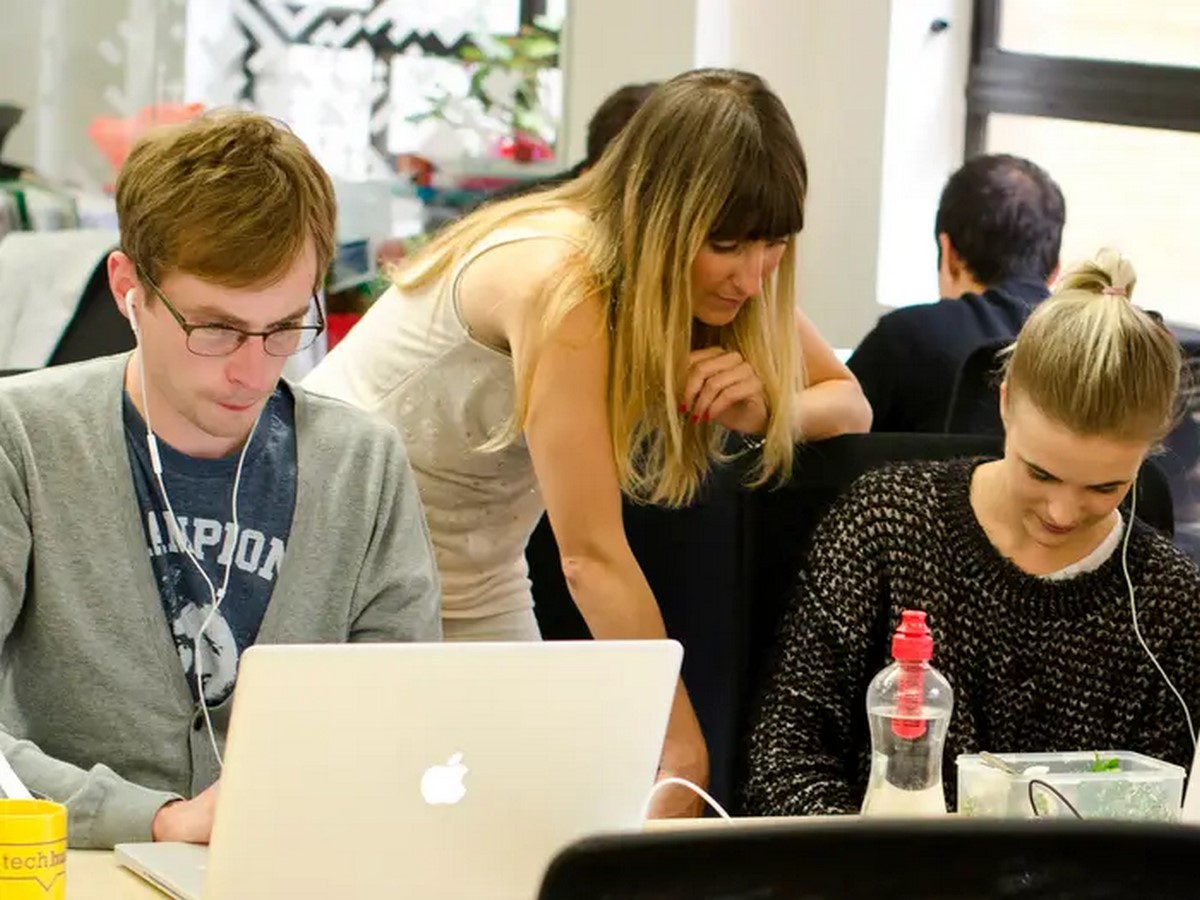Identifying and Addressing Habits Contributing to Burnout: Insights from a Psychologist

In our fast-paced modern lives, the risk of burnout looms large, fueled by daily habits both at work and outside. Ulrika Leons, a healthcare psychologist, highlights three common behaviors that can significantly increase the likelihood of burnout. Understanding and addressing these habits is essential for maintaining mental well-being and productivity.

Habit 1: Constantly Distracting Notifications
The incessant barrage of notifications from smartphones and colleagues poses a significant threat to concentration and productivity. According to Leons, even brief interruptions can derail focus, requiring considerable time and energy to regain momentum. To mitigate this, she suggests implementing strategies to minimize distractions, such as using headphones or establishing designated quiet periods in the office. By setting boundaries and respecting each other’s need for uninterrupted focus, individuals can enhance productivity and reduce the risk of burnout.
Habit 2: Ignoring Circadian Rhythms and Attention Peaks
Understanding one’s natural rhythm of attention is crucial for optimizing productivity and mental acuity. Leons emphasizes the importance of scheduling demanding tasks during periods of peak concentration, typically in the morning when cognitive faculties are sharpest. By aligning tasks with individual attention curves and organizational schedules, individuals can capitalize on optimal focus periods, thereby enhancing efficiency and minimizing mental fatigue.

Habit 3: Overstimulating the Brain and Avoiding Restful Moments
In an era dominated by constant stimulation, Leons underscores the significance of allowing the brain to rest and recharge. Contrary to popular belief, she asserts that boredom and idle moments are essential for mental rejuvenation. Encouraging individuals to embrace moments of stillness and introspection, Leons advocates for activities that promote relaxation and mindfulness, such as meditation or leisurely walks. By incorporating periods of rest into daily routines, individuals can cultivate resilience and reduce susceptibility to burnout.
Cultivating a Culture of Well-being
Leons advocates for a holistic approach to well-being that prioritizes self-care and mindfulness in both professional and personal contexts. By fostering environments that promote focus, respect individual rhythms, and encourage moments of rest, organizations can support employees in maintaining optimal mental health and productivity. Ultimately, by cultivating habits that nurture the mind and body, individuals can mitigate the risk of burnout and foster a sustainable lifestyle conducive to long-term well-being.













